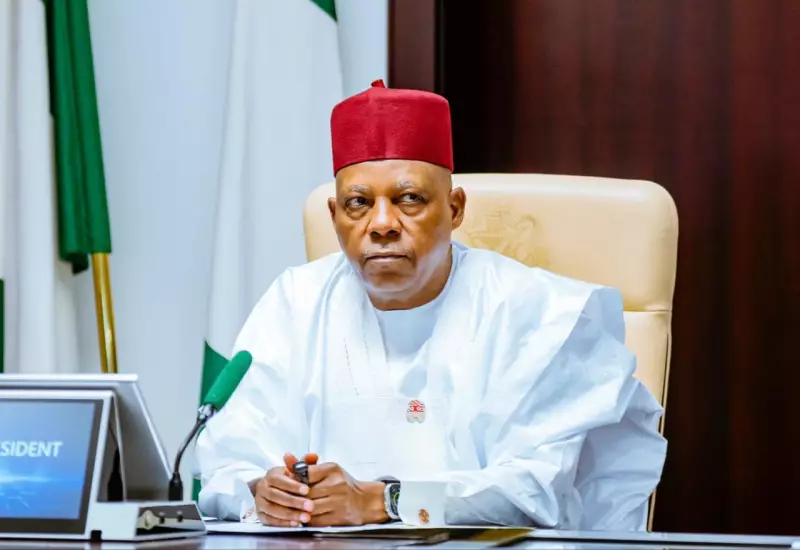
Africa stands at the brink of an economic revolution, with Islamic finance emerging as the continent's most promising tool for driving inclusive growth and development. This powerful message resonated through the recent International Conference on Islamic Finance in Abuja, where Nigeria's Vice President Kashim Shettima and former Emir of Kano Sanusi Lamido Sanusi delivered compelling arguments for embracing this alternative financial system.
A Call for Financial Innovation
Vice President Shettima, representing President Bola Tinubu, emphasized that Islamic finance represents more than just religious compliance—it's a strategic economic instrument perfectly aligned with Africa's development needs. "This isn't merely about religious observance," Shettima declared, "but about harnessing a financial system that inherently promotes ethical practices, risk-sharing, and asset-backed financing."
The Ethical Alternative
Islamic banking's core principles make it uniquely suited to address Africa's economic challenges. Unlike conventional systems that often prioritize profit above all else, Islamic finance operates on foundations of social justice, equitable wealth distribution, and tangible asset backing. This approach naturally combats the exploitation and excessive risk-taking that have triggered global financial crises.
Sanusi Lamido Sanusi, a renowned economist and former Central Bank Governor, highlighted the system's proven track record. "From Malaysia to the Middle East, Islamic finance has demonstrated its capacity to drive sustainable development while maintaining financial stability," he noted. "Africa cannot afford to ignore this powerful tool in our development arsenal."
Bridging the Infrastructure Gap
The conference spotlighted Islamic finance's potential to address Africa's massive infrastructure deficit. Through instruments like Sukuk (Islamic bonds), African nations can mobilize substantial capital for critical projects in transportation, energy, and social services without compromising their values or accumulating unsustainable debt.
Experts pointed to Nigeria's successful Sukuk issuances as evidence of what's possible when political will meets financial innovation. These ethical investment vehicles have already funded vital road projects across the nation, demonstrating tangible benefits for ordinary citizens.
A Continental Movement
The gathering attracted financial experts, policymakers, and religious leaders from across Africa and beyond, signaling a growing continental consensus on Islamic finance's transformative potential. Participants agreed that regulatory frameworks must evolve to accommodate this growing sector while maintaining the integrity that makes it appealing.
As Africa seeks solutions to poverty, unemployment, and infrastructure gaps, Islamic finance offers a proven pathway that aligns with both economic needs and cultural values. The challenge now lies in building the necessary institutional capacity and public awareness to fully leverage this opportunity.





